by Reuben Abati
On Thursday, September 9, I participated in a Colloquium titled “Osun at 30: Celebrating a Milestone, Building a Prosperous Future”, which as the title indicates was a commemoration of the 30th anniversary of the creation of Osun State. On August 27, 1991, the Babangida administration created nine additional states: Abia, Delta, Enugu, Jigawa, Kebbi, Kogi, Osun, Taraba and Yobe, bringing the total number of states in Nigeria to 30. The states were carved out of existing states, Osun for example was part of the old Oyo State, Delta was carved out of the defunct Bendel State, Jigawa used to be part of the old Kano State, Yobe state was carved out of Borno State, Enugu State from Anambra, Taraba state from old Gongola. Kebbi from Sokoto state. Four years earlier, the same Babangida administration created two states: Akwa Ibom and Katsina.
The politics of state creation has been one of the most volatile issues at the heart of the national question in Nigeria. From Gowon who created 12 states in 1967, to General Murtala Muhammed who added seven more states in 1976, General Ibrahim Babangida who increased the number first to 21 and later 30, and General Abacha who added six more states in 1996, giving us the present 36-state structure, the argument has always been anchored on the need to bring government closer to the people at the grassroots level, address the concerns of ethnic minorities who feel marginalized or dominated by numerically stronger neighbours, promote national unity, and ensure a more equitable distribution of national resources. Today, there are still many groups demanding the creation of more states. A cost-benefit analysis shows that states creation may have created more problems than it has solved. It has heightened the politics of difference, disunity and protests about the distribution of resources and advantages. But for me the bigger challenge is the viability or non-viability of the states.
The invitation from Professor Niyi Akinnaso, the moderator of the Colloquium was accompanied with an explanatory note about objectives and expectations. The keynote speaker was identified as Chief Bisi Akande, former Governor of Osun State. Panelists, 10 in all, from the UK, USA and parts of Nigeria were asked to interrogate issues raised in the keynote address and feel free to go beyond Chief Akande’s submissions. The chair of the occasion was His Eminence, the Sultan of Sokoto. It all looked enticing enough more so as Professor Akinnaso made it clear that the Colloquium will be by both physical and virtual participation. I opted for the latter.
In his keynote address, Chief Bisi Akande, who had been part of the history of the development of Osun State, as a Local Government Councillor in Ila Orangun, Secretary to the Government of Old Oyo State, and as Deputy Governor of Oyo State, and later, Governor of Osun State (1999 – 2003) provided a historical background to the creation of the State. But his central argument was about the concept of “the Optimum Community”, with emphasis on people-oriented development using education: primary and secondary schools in rural and urban centres as catalysts for the creation of optimum communities, even, all-round, development within the state, and the provision of basic infrastructure: potable water supply, electricity and energy, health facilities, housing, agro-allied activities. Chief Akande’s submission was a subtle reminder of the original purpose of state creation in Nigeria as earlier defined and the imperative of people-centred development.
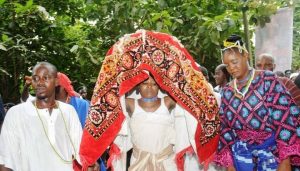
There were echoes in this regard of the concept of “OptiCom” developed by Professor Akin Mabogunje, Africa’s first Professor of Geography and his friend, Professor Ojetunji Aboyade, the renowned economist. In the 80s, Mabogunje and Aboyade launched “The Awe Opticom Plan” in a rural community in Oyo State called Awe. Their focus was access to credit. It was an attempt by the two scholars to move beyond classroom theory to demonstrate that there is indeed a connection between theory and praxis, and between ideation, abstractions and quotidian reality. Their key message was that development energies should be redirected in a manner that would result in the empowerment of the people through decentralised governance and poverty reduction initiatives. The Awe Opticom Plan was later adopted for the Directorate of Food, Roads and Rural Infrastructure, a rural development framework established in 1986, in which Mabogunje was a major player. It also inspired the establishment of community banks by the Babangida administration. Professor Mabogunje was Executive Chairman of the National Board for Community Banks (1991 -1994). Years later, Professor Mabogunje in his autobiography, A Measure of Grace would state that he felt the Opticom development option met with “minimal success”. But the problem was not with the concept. The problem is with Nigeria itself: our tendency to politicise everything, the lack of continuity in governance, policy somersaults, and endless opportunism about the common good. Chief Bisi Akande did well to remind us all of the value of optimum development for the people’s benefit. Most of the discussants took their cue from his keynote address.
I was in no doubt that Osun State had a lot to celebrate not simply because it emerged as a state, but for its historical significance and enormous resources. Osun is the heartland of Yoruba history, the home of so many landmarks – Ile Ife, the cradle of Yoruba civilization, Osogbo, a cultural epicentre and a global destination for tourism, Ilesa, Ede, Igbajo, Oke Ila, Ila Orangun, Iree – major theatres of war in Yorubaland, especially the Kiriji War (1877 – 1893), and home of iconic legends: Timi Agbale – Olofa Ina of Ede, Ogedengbe Agbogungboro, Ogunmodede of Ilesa. Oduduwa, the eponymous progenitor of the Yoruba race is from Osun State. In more contemporary times, Osun state has also produced some of the most prominent figures in Nigeria in virtually every field of human endeavour: it is the state of Pastor Enoch Adeboye of the Redeemed Christian Church of God, General Alani Akinrinade, civil war hero and pro-democracy activist, Chief Bola Ige, Orlando Owoh, Duro Ladipo, Justice Bolarinwa Babalakin, Davido, Christopher Kolade, Femi Fani-Kayode, labour leaders, the Sunmonu brothers. Stepping on every piece of land in Osun State is an imprint on the sands of history.
It is also a state rich in culture: the Osun Osogbo grove, the Erin Ijesha waterfall, the annual Olojo festival in Ile -Ife. There was so much talk about education and the development of the human potential. Osun State is where the Obafemi Awolowo University formerly University of Ife is located. Other institutions of higher learning in the state, many of which were established post-state creation in 1991 include the Osun State College of Education, Ilesa, Osun State Polytechnic, Ila Orangun, Osun State College of Technology, Esa Oke, Osun State University, Adeleke University, Ede, Bowen University, Joseph Ayo Babalola University, Oduduwa University, Redeemers University, Kings University …I pointed out that given the milestones of Osun State in the education sector and its reputation as an incubator of skilled labour, there is no reason why going forward, the state should not continue to invest in human development through education as pointed out by Chief Akande. Incidentally, while the COVID-19 pandemic raged in 2020, the first major genome sequences research in Africa was carried out at the Redeemer’s University in Ede, Osun State by a team led by Professor Christian Happi.
The Colloquium took place at a time in Nigeria when there was great “war” between states and the Federal Government over the collection of Value Added Tax. Revenue sharing has always been a problem in Nigeria. Nobody talks seriously about adding value or the value chain or a serious commitment to GDP growth at sub-national levels, the people just want to share any part of the proverbial national cake be it proceeds from crude oil sale or multiple taxation. Compared to the other states created along with it in 1991, Osun State gets a comparatively low share of Federal Revenue. Internally Generated Revenue in the state may have increased over the years, currently about N13 billion per month, owing perhaps to increased population and economic activity but whereas a State like Akwa Ibom gets more than N34.8 billion, Osun could receive something as low as N1. 7 billion due to deductions at source for inherited loans. While the controversy over fiscal federalism, restructuring and VAT rages on, I argued that there is no reason why a state like Osun, blessed with abundant natural resources should be at the mercy of the politics of the national cake. Beyond its rich agricultural space of over 9, 000 km, Osun is also rich in mineral prospecting potentials: Gold, Kaolin, Talc, Iron Ore, Columbite.
The people of Osun have “riches beneath their feet” including over 15.3 million ounces of minimum gold deposit. But all the resources beneath their feet in Atakunmosa East and West, Ife East, Ifewara, Ibodi, Iperindo have been left at the mercy of illegal and artisanal miners, at great cost to the state.
I was aware of a Memorandum of Understanding signed between the present Adegoyega Oyetola administration in the state and a company called Badger Mines. I wanted to know the status of the MOU. I also drew attention to tourism as a major revenue earner for the state, post-COVID. The resources are available as low-hanging fruits but they have not been properly harnessed.
Nigeria is one of those unlucky countries in the world where the people sit on great wealth that can transform their lives but they are happy doing nothing about it. They talk about it, they quarrel about it, but they lack the motivation to act. Governor Oyetola would be seeking a second term in office in 2022. I wanted him to pay attention to the take-aways from the Colloquium. We had very useful conversations
I had hardly signed out of the event when my phones began to ring. It was Funke Egbemode, Osun State Commissioner for Information and Civic Orientation on the line. Before going to Osun to serve her state, Egbemode was Managing Director of the New Telegraph newspaper, and President of the Nigerian Guild of Editors. She wanted me to join other participants at the Colloquium and some media stakeholders for a physical inspection of how Governor Oyetola was already addressing some of the concerns raised and the significant progress made. After much persuasion about the security situation in Osun State, I agreed. And so, I spent a part of the weekend in Osun State.
Very early in the morning, we joined the Governor, and some of his key staff, on a journey. I am often reluctant to praise a Governor for constructing roads for his people. It is part of his job to do so. But I saw in Osun state, an unusual level of commitment to infrastructure development. From Alekuwodo in Osogbo, to the Olaiya flyover Bridge at the centre of the town (which the Governor said was prompted by an accident scene that he witnessed and on the spot decided to address the problem), to the newly rehabilitated Osogbo- Kelebe-Iragbiji road, Ada to Igbajo, Ikirun to Eko Ende and other roads in the state, the Oyetola touch was evident. We visited the Osogbo General Hospital, now being reinvented and expanded, and primary healthcare centres across the state that have been revitalized, transformed from being abandoned units into new facilities, which are now being used for COVID-19 vaccination in the communities. The Commissioners of Works and Commerce and the Chief Press Secretary were very detailed in their explanations. We also visited the Dagbulu International Trade Centre/Customs Bonded Terminal, a dry port/free trade zone initiative by the Oyetola Government. Everywhere we went, the Governor was received by crowds chanting “Leekan si, 4 plus 4”. If that was meant to be a road show or show boating, it worked.
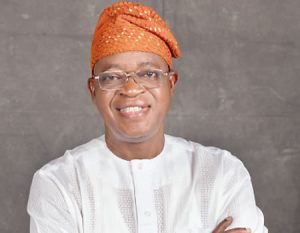
For me however, the high point was our visit to the Omoluabi Badger Mines Gold Buying and Refining Centre at Osu. Osu in Osun state is known for its special bean cake – Akara Osu. But today, it has been turned into a gold refinery centre by the Oyetola administration. Osun State has always been known for its vast gold deposits in the Segilola Gold mines, the Ife Schist Belt, Iperindo and the Eastern Ilesha Belt. About 25 years ago, Governor Olagunsoye Oyinlola (as he then was) got 17 mining titles from the Obasanjo Federal government – 12 of which are for exploration. For 25 years, the licenses were kept in the files. One month left for the titles to expire, the Oyetola government waded into action. In 2019, it entered into a Joint Venture with Badger Mines. Twenty months later, Badger Mines working on 73 exploration belts, has found gold at between 200 – 300 metres. Badger Mines CEO and his officials took us through the gold refining process. High grade technology at work! And right there in our presence a 25 kg gold bar worth about 120, 000 dollars was produced. We asked all the necessary questions: alignment with the Federal Government, community and regulatory issues, derivation, and security for the gold refinery. I was impressed.
But I was also worried. The moment Osun State begins to talk about its gold refinery, its future elections could become war by another name. Everyone would struggle to lay their hands on the gold. Oyetola, a man of few words and a quiet mien, seemed to be more interested in development, job creation, making sure salaries are paid and his continuous affirmation that he has not borrowed a penny. We asked him to talk about his reported conflict with his predecessor and former boss, Rauf Aregbesola. He refused. He said they are brothers! Oyetola wants a second term of course. But he should be ready to put up a serious fight to achieve that 4 plus 4 ambition. You can’t build a gold refinery and expect your opponents or the Federal Government not to show interest. And that is how politics spoils everything. On our way back to Osogbo, we saw the Osogbo Steel Rolling Mill, now in a decrepit state, overgrown with weeds. We also saw the Nigeria Machine Tools – now a shadow of its former self. The Gold refinery was an indication of new possibilities and a statement about the future of Osun State, but the once flourishing industrial efforts now in ruins are painful reminders of the past.
On my way back to Lagos, I could not but get upset seeing the poor state of the Ibadan-Ife road, a Federal Government road leading to the heartland of the South West, in such terrible condition.








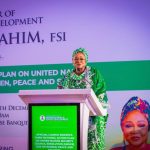
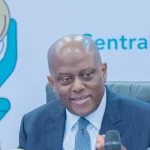
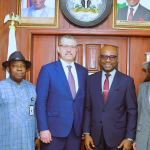
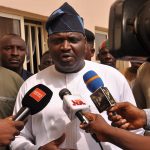


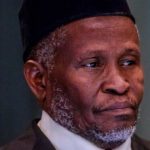

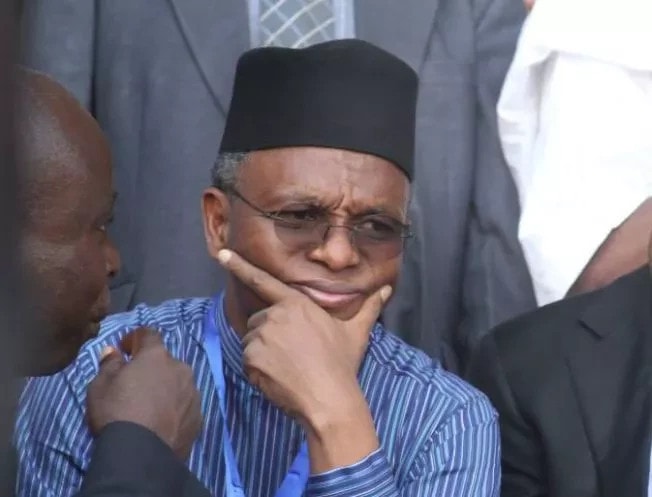



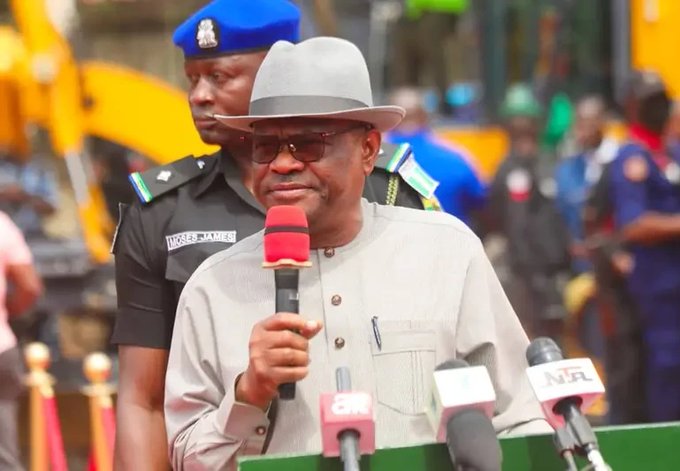

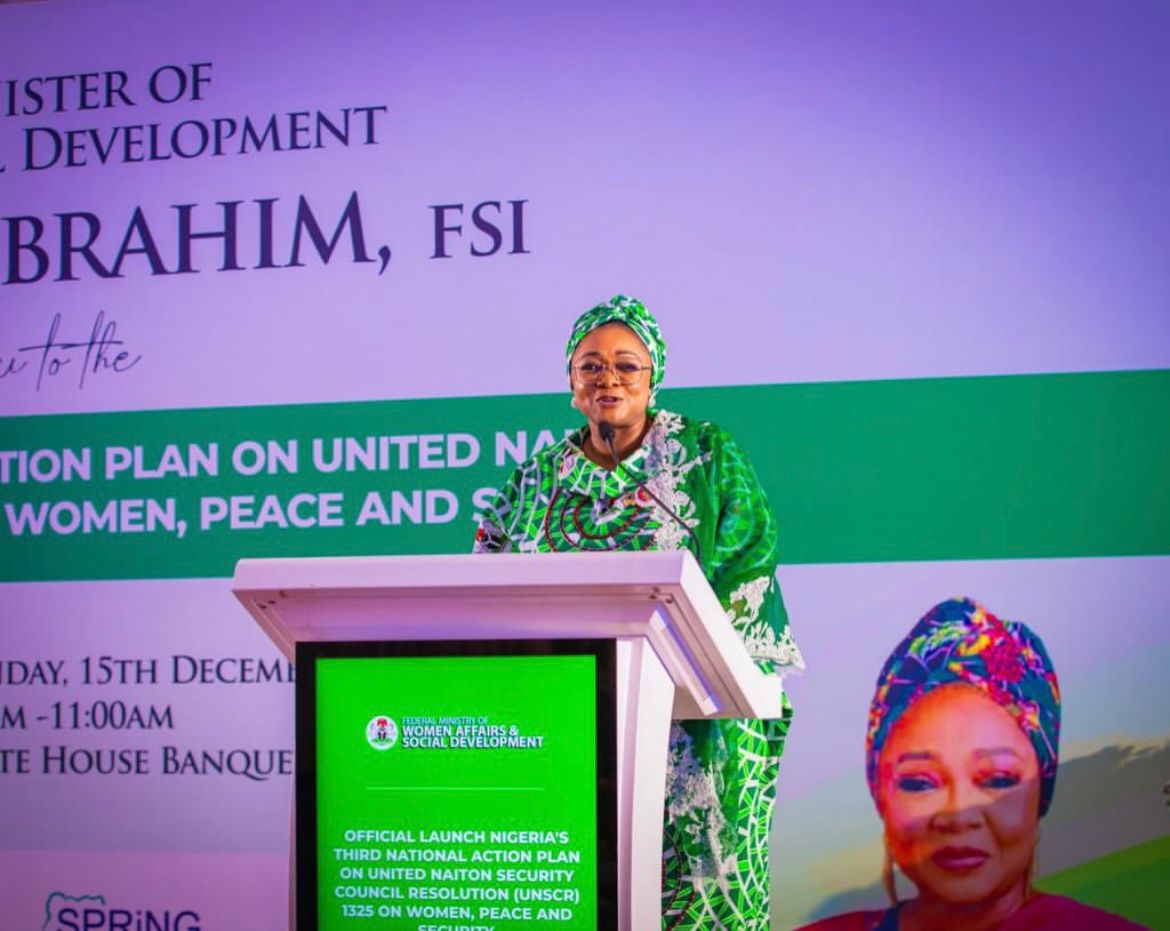
Leave a comment